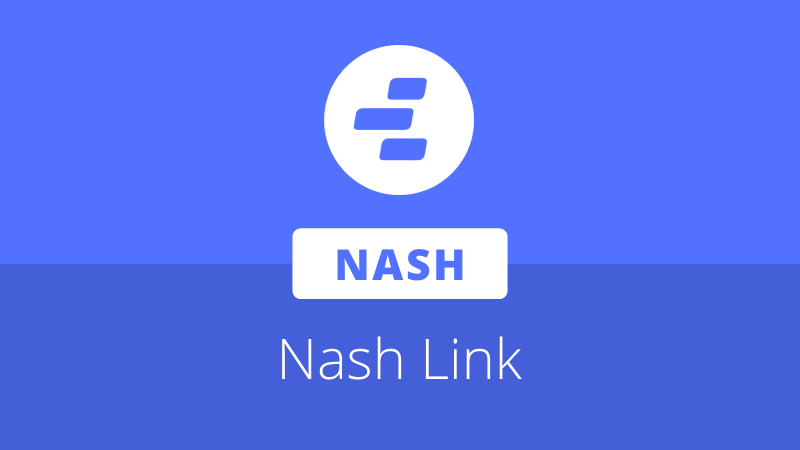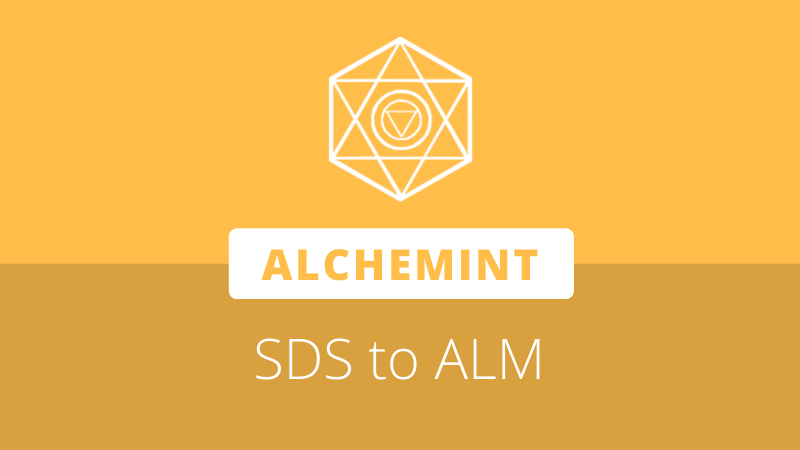
On August 13th, 2020, Switcheo TradeHub minted its MainNet genesis block. TradeHub is a standalone blockchain based on the Cosmos SDK, customized specifically to function as an order matching engine for processing and executing trades. Currently, it processes transactions such as transfers, staking, delegating, and proposals, but will soon power the Switcheo Exchange, and Switcheo’s upcoming derivatives exchange, Demex.
Transactions are processed by validators – specialized nodes elected by the community through the staking of SWTH tokens. Validators are not only responsible for maintaining the integrity of the network, but they are also responsible for voting on TradeHub Improvement Proposals. TIPs are proposals made by the community on changes or improvements to Switcheo and its products.
TIPs are governed by SWTH token holders. When a user stakes their SWTH tokens with a validator, they are also delegating vote weight to the host. If the user does not vote on a TIP themselves, then the validator will vote on behalf of the user as a proxy.
Therefore, it is important for SWTH token holders to know who they are empowering when they stake their tokens with a validator. Validators must vote in the best interest of their delegates and the network.
The following is what NNT hopes to be the first in a line of interviews with TradeHub validators. Our intention is to give the Switcheo community more information on who they are voting for and their suitability to run a validator node.
Existing or aspiring validators interested in participating should contact wakeup@neonewstoday.com.
Validator: NEO Economy ❤️ Switcheo
What is your name and where are you based?
I’m Vincent and I’m from the beautiful city of Vancouver, Canada!
What is your background and what do you think qualifies you to be a TradeHub validator?
I was a network engineer / network architect for 15 years before I decided to transition my career into the world of blockchain full time in early 2020. I have very extensive knowledge and experience when it comes to designing and managing high end, secure and redundant infrastructure, and this naturally helps me a lot when it comes to managing / maintaining proper nodes.
I’m mostly involved in three different ecosystems, Neo, Phantasma, and obviously Switcheo, where I have done lots of different things over the last 3-4 years, ranging from running dApps on Neo and running a couple RPC nodes there, to being a core team member of Phantasma Chain. I would say that even if my core background is not pure software development, I tend to like it more and more nowadays, but I like to be able to say that I know how to handle both the network and software side of things.
At the time of writing you have over 13% of the network voting power – The second most of any validator. When you set out to become a validator for Switcheo TradeHub, did you imagine you would amass as much voting power as you did?
To be honest I really did not think so! And while I think it is great, it is a lot of responsibility given when you’re in one of the top spots. You get a lot more eyes watching everything you do and everything you say 🙂
Why do you think people chose you?
I guess it’s a combination of multiple factors: the low amount of validators available when TradeHub started, the fact I was the first to lower commission from the original 10% fees, and the fact many people know me in the community because I’m quite vocal and active.
What do you consider to be the most important responsibilities of an elected validator?
I would say top priority is to ensure you have a validator running in a highly secured and redundant setup. Validators first mission is to secure the network / produce blocks, so this should always be their number one priority, ensuring that they understand how to run and maintain a proper setup.
How will you use your voting power to help the Switcheo platform?
I’m going to try and vote with what I think is best to help Switcheo grow and expand, in a decentralized manner. To me it is particularly important given validator’s vote act as a proxy vote (staker’s vote defaults to their validators if they don’t vote themselves), so a validator voting means “more” than a regular vote.
Are there any core principles that will guide your voting decisions?
When voting I’m trying not to cast my vote for just being a validator, but more in an end user position, and see the pros and cons of a vote, to find out if this is something beneficial for the network.
What does your setup look like? How do you ensure you provide optimum uptime?
I won’t obviously disclose too much on that part given having a proper setup includes not disclosing all of this! But what I can say is that I have a setup based on a classic Cosmos Sentries / validators architecture, with two validators in an active / passive setup, both disconnected from the Internet, and connected only to three sentries servers which are spread around the world in multiple data centres. I also run a couple more nodes, one for the TradeHub explorer I started, and some for TradeHub TestNet.
What are you most optimistic about in regards to Switcheo’s future?
I’m particularly excited to see how the vision of going full decentralized is going to play out. Not only this will ensure that the network is censorship-proof, but also, this basically means that the (future) development of the platform is all in the hands of the community, which I think is a major milestone. Anyone can build (and get rewarded for building), and while there is still a very long way to go before it’s truly the case, Switcheo has already taken the first steps in this direction.
As a Validator, how do you gauge / value community sentiment for their wants and needs?
I guess the most important feedback would be what gets posted on the social channels, i.e. Telegram or Discord. If I had one comment to make at this point, it’s that I tend to be less vocal and active since I’ve been elected as a validator, because lots of people try and interpret everything you say, both in a good and in a bad way! So in order to be more transparent / more “public facing” I tend to refrain myself from commenting on some topics, to avoid situations where people could interpret my own opinion for my “validator opinion.”
Do you have any ideas for future TIPs? What kinds of TIPs would you like to see in the future?
One thing I would like to see soon, and which I believe is in the works, is some kind of accelerated TIP for listing proposals. Given everything is (will be) automated / decentralized, even simple token listings will have to go through a vote, which is great but could also delay listings of important / major pairings. I believe the team is working on this with specific rules and conditions for a vote to pass when it’s a TIP related to a token listing, as to not introduce delays when it comes to listings.
In October, Ivan Poon floated the idea of creating a new TIP that would create a higher threshold for validator performance. This could include increasing the missed block window from 90% to as high as 99%, as well as increasing penalties and rewards. What are your thoughts on the current validator performance and would you be in favour of this proposal? Do you have any suggestions on implementation based on current discussions?
I agree with Ivan P on this. A lot of people believe naively that running a validator is just about setting it up and gathering votes and that’s it. But it’s not even half of the story, because troubleshooting and improving a validator performance regularly is also part of the “job.” Whether it’s about finding why your setup has too many missed blocks, understanding why it happens, and avoiding the two dreaded slashing penalties, there are many things to take into account. Current and future validators should be aware that maintaining a validator comes with multiple responsibilities, including proper maintenance / troubleshooting skills.
As for the metric changes themselves, what was suggested (not final) is about keeping the same ratio when it comes to acceptable missed block count, by the time frame in which it happens, so basically this means that a validator will have “more” time to perform expected or unexpected maintenance, but over a longer period. So it’s all the more important to have a very good setup given the period will be longer. That means that you won’t be able to do multiple maintenance too often since the “period” to clear those missed blocks will be 5x longer (from one day to five days has been mentioned).
Finally, regarding penalties, I personally like the concept of rewarding good behaviour more than penalizing bad ones, but both should still exist, to ensure validators do their proper due diligence and don’t just “set and forget it.”
Editors note: Vincent is a member of the Neo News Today team, however his Switcheo TradeHub activities are outside of NNT’s influence and the purview of his NNT responsibilities.
Other existing or aspiring validators interested in participating in the Know Your Validator series should contact wakeup@neonewstoday.com.







About The Author: Dean Jeffs
Dean is a digital project manager who has worked extensively with start ups and agencies in the marketing space. Fascinated by the potential applications of blockchain technology, Dean has a passion for realising the new smart economy.
More posts by Dean Jeffs